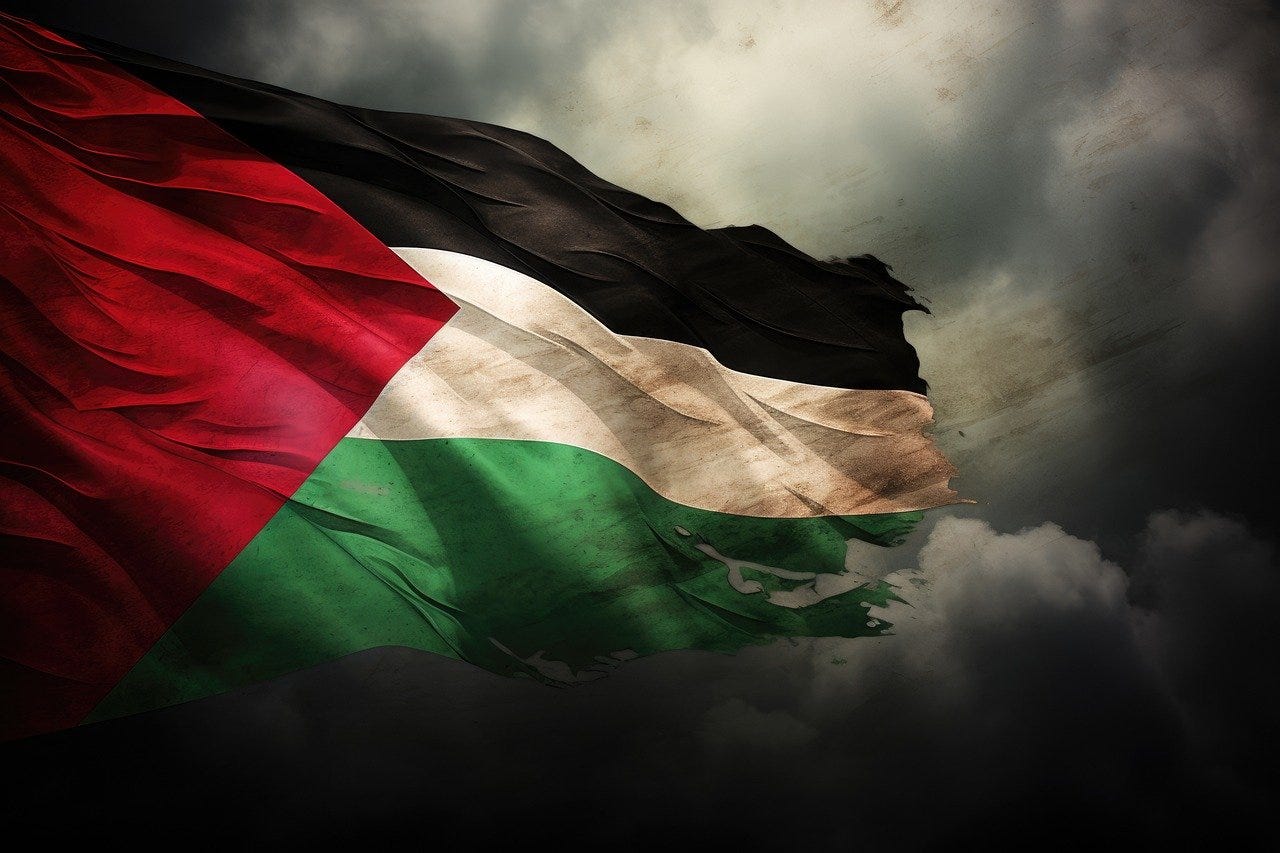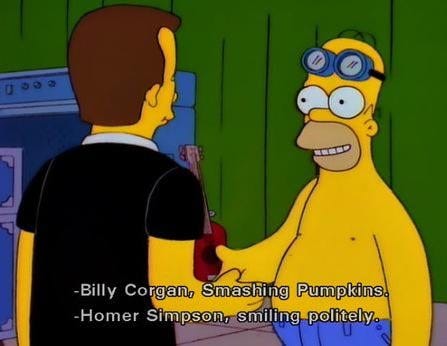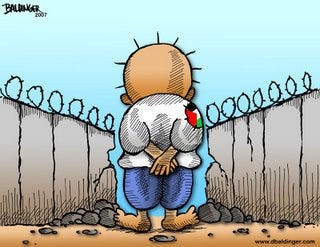I’m still in a foul mood, but I’m slowly working myself out of it. A few people reached out after my post to ask more questions about the situation and why I feel the way I do. I’ve also been reading up a lot more on recent history and watching more (depressing) interviews and documentaries.
This all made me realize that I’ve been ignoring this part of my identity for a while, this doesn’t mean I’m going to become an all-out activist - I’m too much of a pragmatist for that, and I do enjoy my comfortable and oblivious existence.
But I thought I can continue writing about what it means to be a Palestinian living in exile, from my own personal point of view, without being overly political, but being frank and disparaging where required.
The most entertaining question I get when I meet someone new is “Where are you from?”
No matter where I live or where I’m travelling, my name, accent, and face are typically a dead giveaway that I’m from some foreign land.
Here’s how it typically goes.
“Hi, nice to meet you, I’m Sameh” - smiling politely with arm extended.
“Oh, hello, Saa, mm, uu, esh?”
“No, Sameh”
“Samuel?”
“No, Sameh, like Sam, with an eh at the end”
“Sammah?”
“No that’s a girl’s name, just call me Sammy.”
“Ah, can I call you Sam?”
“No, I hate Sam, Sammy is good”
“Where’s that from?”
This is where I typically pause and have to make a calculated decision, based on how I’m feeling and how long I want this exchange to go on. The amount of time I have to spend explaining the rest is directly proportional to the time I spent pronouncing my name.
Being the introverted anti-socializer that I am, most of the times I say, “It’s Middle Eastern” and move on to another topic, generally to the relief of the other person.
But sometimes I continue, and this is how it goes.
“It's Palestinian, that’s where I’m originally from.”
This is where the forks in the conversation get much more entertaining.
“Pakistan?”
“No Palestine”
“Oh, where is that?”
“It borders Jordan Lebanon and Egypt”
“Oh, cool so you were born there?”
“No, I wasn’t, I was born in Abu Dhabi, it’s right by Dubai”
“Oh, nice Dubai is so cool I always see it on the Instagram, so you’re Abu Dhabian then??”
“No, I’m not, it doesn’t work that way over there”
“Oh, so when did you leave Palestine?”
“I’ve never been there."
“What do you mean you’ve never been there?”
“My grandparents left in 1948 and we were never allowed back.”
“Why not?”
“There was a war, It’s complicated”
“So how are you from there?”
“Because my dad was born there, I have the accent, and my stash of Za’atar is my most prized possession”
On the other side of the spectrum is the conversation with someone who is extremely familiar with the situation.
“Nice to meet you Sameh, is that Egyptian?”
I would be very impressed if this statement was made by a non-Arab, and I’ll have to say it’s happened a few times. My name is not a typical Palestinian name, it was a very popular one in Egypt around the time I was born. You’ll have to ask my parents why they picked it, I’m not a big fan.
“No, I’m actually Palestinian, but good guess”
“Oh damn, what part?”
“From the North, Safad”
Sometimes this keeps going, especially if it’s a middle-aged Palestinian who will go out of their way to show you that they know it inside out, like the butcher I recently visited in DC who grabbed me by the elbow and enthusiastically pointed to my hometown with his sketchy knife on his 1940s era map.
“What village?”
“Taitaba”
“Oh shit, 1948!”
“Yes, we were the first to escape”
I like making that joke even though it’s a crass one. If my grandparents didn’t escape, I would have probably never been born. I know that because the violence and massacres that Palestinians fled during that war are all well documented1, and I’ve seen the hole in my then three year old father’s thigh from a piece of flying shrapnel.
Safad is now occupied by Israel and goes by Tzfat, it’s known for its artist community and natural beauty.
“Where after, Lebanon, Syria, Jordan?”
“Lebanon, we’re from the camp.”
“Which one?”
“Ein il Hilwe”
“Oh, I know some people from there, what family?”
And it continues.
Ein Il Hilwe is the largest Palestinian refugee camp in Lebanon. It borders Saida in the South of Lebanon and is where my predecessors ended up settling after a multi-year pit stop on the Lebanese border, where they waited patiently for the war to end in hopeful return to their lands.
When it was clear that this was out of the question, they continued the march south to Ein Il Hilwe.
Ein il Hilwe means “sweet spring water”, or, as I generally like to joke with literal translations of Arab names “the eye of the beautiful”. I’ve been to the camp many times, we spent most of our childhood summers in Lebanon visiting our extended families. I don’t recall seeing any sweet spring water, there were definitely rivers of flowing water in the lower parts of the camp, it did not smell nor look sweet.
It’s also important to make the distinction between the upper and lower parts of the camp. The upper, both by position on the hill and relative ‘classiness’ of its people, boasted properly constructed buildings funded by the dollars of the descendent expats like my parents and their generation.
The lower part is mostly inhabited by the less fortunate who never got a break, living in shacks shielded with corrugated metal - “Al Zeenko”, and subsisting on handouts from the UNRWA, a United Nations agency created in 1949 solely for the care of Palestinian refugees. They provided the schools where my parents and subsequent generations were educated, and still to this day offer basic services like medical care and food rations for those in need.
Despite its strange name, I’m secretly proud of my Ein Il Hilwe roots. I didn’t spend enough time there to claim residence, but I consider myself an honorary Ein Il Hilwen. It’s also a much cooler name than “Mieh wo Mieh”, our rival camp. Literally translated it means 100 and 100, I’m not sure what that’s about.
I’m not sharing all this because I believe people are ignorant and everyone should know where Palestine is and have read up on all our history, far from it. I never knew what a Nova Scotian was before moving to Canada, nor an Alabaman before I moved to the US. The world is huge, and no one has time to learn the history of all 195 countries.
I share it because it is an existential paradox that every Palestinian living in foreign lands has to contend with, and I believe is one of our unique challenges as a people - not being able to succinctly explain where we are from.
Here a link from Wikipedia, It isn’t the greatest source but it seems to be the one closest to consensus. You can also watch this documentary or read this book.





